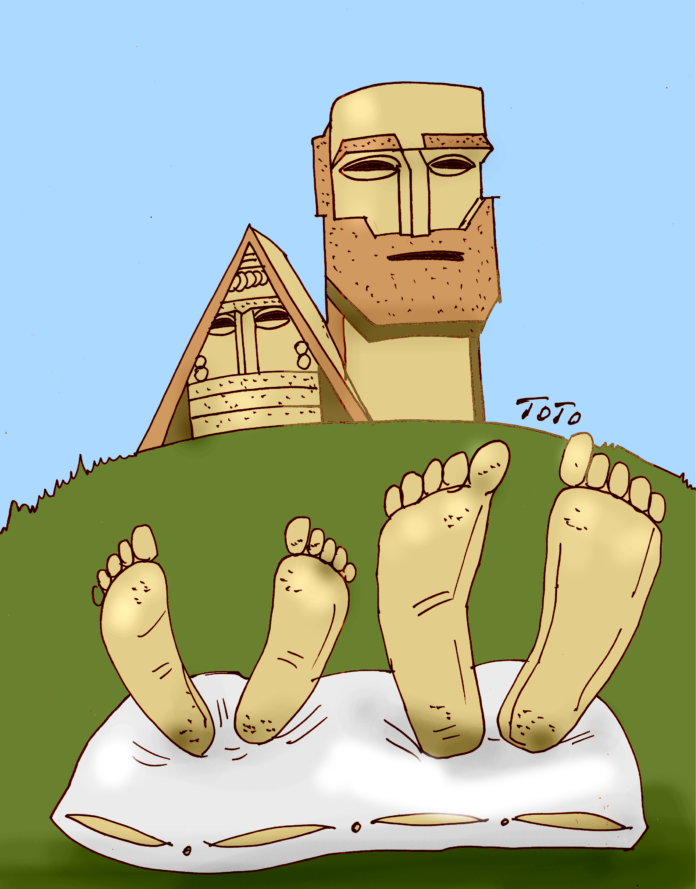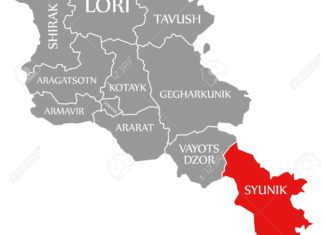A nightmarish scenario is unfolding in Nagorno Karabakh (Artsakh): while David Babayan, a spokesperson for the president of the republic warns of “concentrations of Azerbaijani Army units where they were not supposed to enter,” former Armenian President Levon Ter-Petrosian warns that whatever happened in Armenia must not happen in Artsakh.
What triggered this entire scenario was a scuffle on June 1, in Stepanakert, between some civilians and members of security forces. As a result, 15 people were hospitalized.
The true nature of this fight remains a mystery because a street brawl could not have resulted in political protests, demands for the resignation of the leader of the security forces, and indeed some resignations have taken effect, leading analysts to believe that the incident was not a street fight but rather a plot to destabilize Artsakh, while the enemy is at the gate.
First to resign was Arayik Harutyunyan, the state minister, who announced at his resignation that other high officials will follow suit. And that prediction proved to be true when the next wave of resignations followed through with Chief of Police Kamo Aghajanyan and the head of the National Security Service Arshavir Garamyan.
Harutyunyan, who was replaced by Grigory Martirosyan, attributed his resignation to a “new phase of reforms,” which Artsakh President Bako Sahakyan was planning to implement. The protestors had not asked for Harutyunyan’s resignation; they were demanding the heads of the police division.
Under the tenuous situation created, all eyes were directed towards Armenia’s new Prime Minister Nikol Pashinyan, whose magic words had proven to be very effective in controlling crowd situations from getting out of hand. And Pashinyan, indeed, called for calm and the demonstrators were dispersed. But his call was enigmatic, if not conditional; he stated that he had been in constant watch of the situation in Artsakh and that President Sahakyan had promised to him to take immediate action in addressing the situation and bringing to justice the parties responsible who had instigated the incident. He concluded in his statement that the ball was in the court of Stepanakert and that if the authorities did not take immediate action, the people were entitled to go back to the protest lines.








